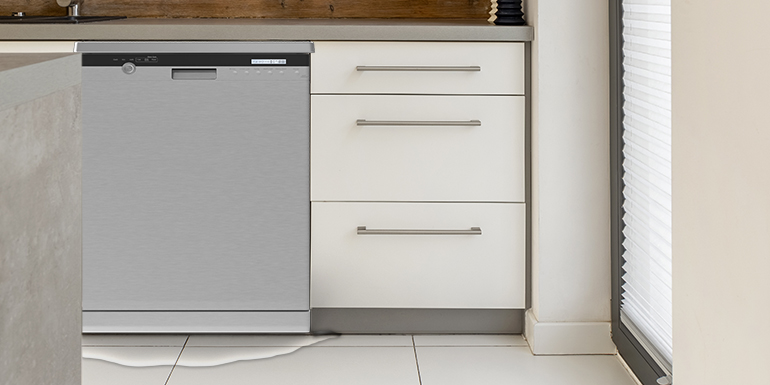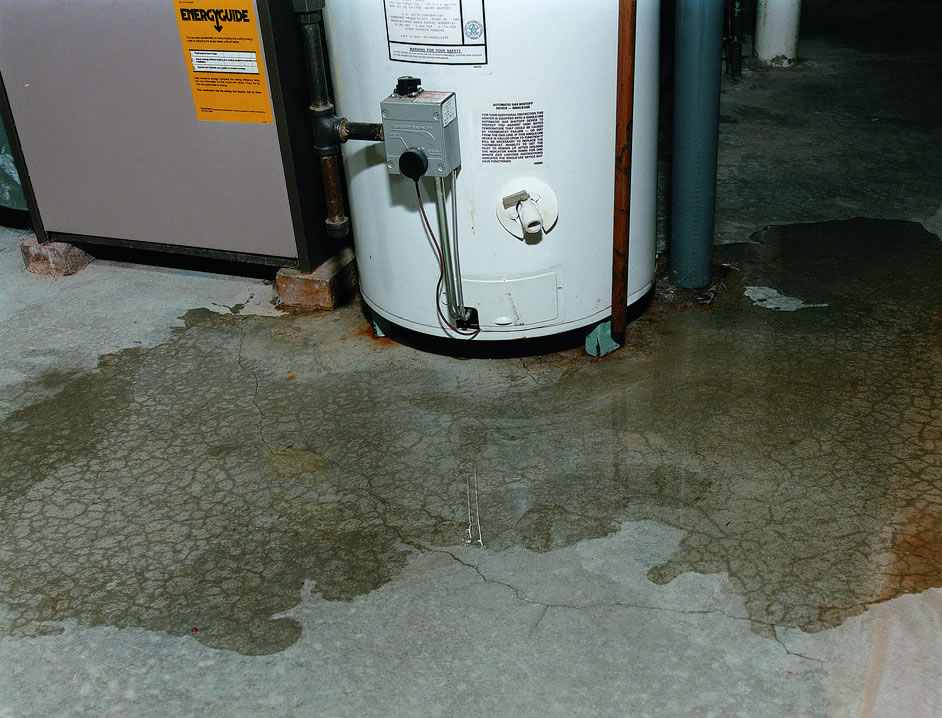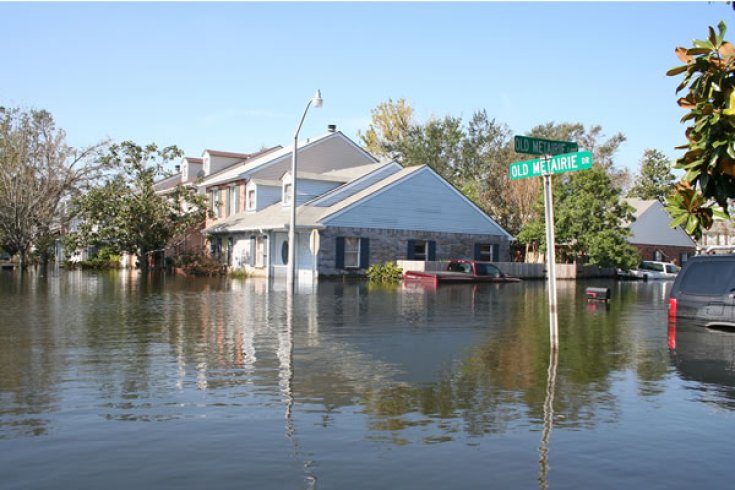The Most Common Causes of a Leaking Dishwasher
One of the most frustrating things when using a dishwasher is experiencing a leak. If you are wondering what could cause a dishwasher to leak, you’ve come to the right place.
At Leak Detection of Atlanta, we’ve compiled possible reasons your dishwasher is leaking and what you can do about it.
Dishwasher Misalignment
Your dishwasher needs to sit on level ground, or else the possibility of water collecting inside the appliance is highly likely. This can result in water pooling up and potentially leaking from the dishwasher door.
The solution to this problem is placing a level at the bottom of your dishwasher or shims under the appliance to make it level.
Bad Float Switch
A dishwasher is equipped with a float switch whose function is to shut the water fill valve when the water level gets too high. The failsafe device ensures your dishwasher doesn’t fill up with too much water.
If the float switch fails, it won’t shut off the water fill valve and the water will keep filling to a point where it will start to leak. If the float switch isn’t working right, be sure to call a plumber to replace it.
Loose or Damaged Valves
Over time, the valves inside the appliance can become loose and lead to water leaking out of the dishwasher. You should check the valves periodically to see if they’re securely connected.
Door Not Sealing Properly
A dishwasher could leak due to a loose door latch or a faulty door gasket that prevents the door from sealing properly. The door latch and gasket should create a watertight seal around the door so that water doesn’t seep out of the appliance while a cycle is running.
A dishwasher’s door gasket or door latch faces a lot of daily abuse, so they are likely to become worn out or loose, leading to water leaking from the machine. If the leaking water is accumulating directly in the front of your dishwasher, you should check the condition of the door gasket or door latch and replace them if they’re worn out.
The Spray Arm Is Not Working Properly
If your dishwasher is overcrowded or loaded incorrectly, the spray arm won’t spin properly. An obstructed spray arm will not only lead to leaks, but it may also break your dishes.
If the spray arm is obstructed due to overcrowding or an incorrectly loaded appliance, open the dishwasher door and clear any obstructions. The spray arm itself could malfunction due to regular use, so you’ll have to unscrew it and inspect for damage.
You should also avoid overcrowding or loading your dishwasher incorrectly so that the spray arm can spin properly.
Need Help with Fixing a Leaking Dishwasher? Call Leak Detection of Atlanta
A leaking dishwasher is one of the plumbing problems that can give you a headache. Aside from causing water damage in your home, a dishwasher leak can lead to mold growth. If you're looking for a plumber to help you repair a leaking dishwasher, call Leak Detection of Atlanta to help you with leak repair.
At Leak Detection of Atlanta, we take pride in providing reliable leak detection and leak repair to our residential and commercial customers.











